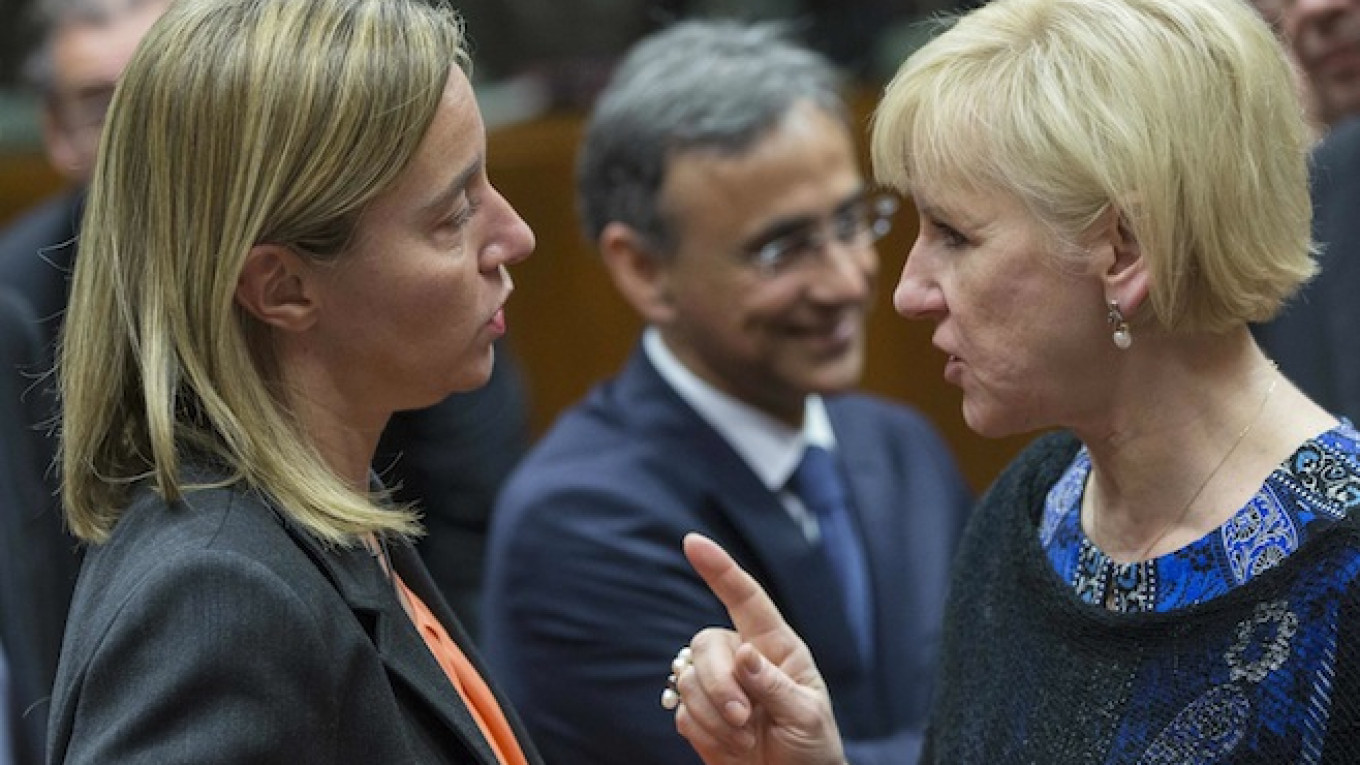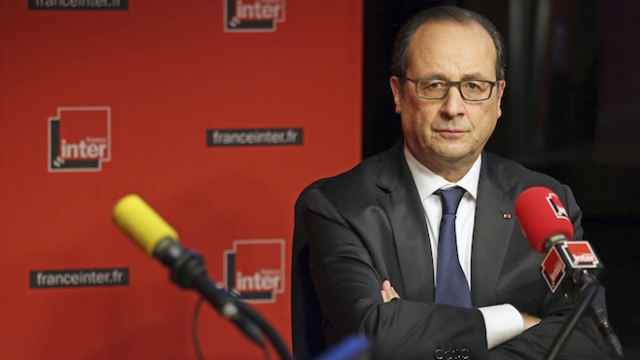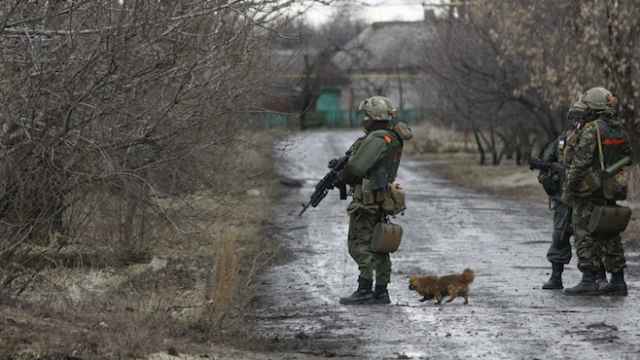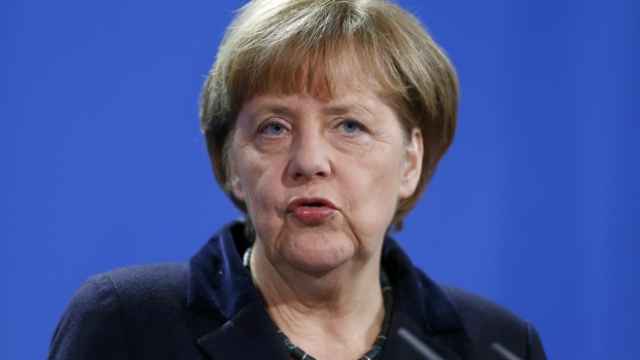BRUSSELS — EU foreign ministers said Monday that there were no grounds to lift economic sanctions against Russia despite conciliatory proposals from the EU's foreign policy chief as violence intensified in eastern Ukraine.
Federica Mogherini had suggested in a confidential memo that member states could start talking to Russia again about global diplomacy, trade and other issues if Moscow implemented agreements to end the separatist conflict in neighboring Ukraine.
"I don't think that we now should think how to re-engage. Russia should think how to re-engage," Lithuanian Foreign Minister Linas Linkevicius told reporters as he arrived for a meeting where Mogherini's paper was to be discussed.
Mogherini's suggestion has gone down badly with some of the EU's more hawkish states, such as Lithuania, which suggested it would send the wrong message to Russian President Vladimir Putin that the EU's resolve was cracking.
The European Union has joined the U.S. in imposing tough sanctions on Russia over its alleged support for the pro-Moscow rebels in Ukraine but the bloc's 28 member states are divided in their enthusiasm for sanctions.
Linkevicius said there was no reason to change the EU's policy or to lift sanctions.
With attempts to restart peace talks stalled, rebels have stepped up attacks in the past week and casualties have mounted. Fighting has raged around Donetsk airport.
Danish Foreign Minister Martin Lidegaard said the time was not right for the EU to "give up any sanctions or to send any signals that we are willing to do so, but … we should explore any possibility to find a political solution to this crisis."
Swedish Foreign Minister Margot Wallstrom said the EU must hold on to its sanctions on Russia, but it also needed a long-term perspective on engaging with Moscow.
Mogherini said any relaxation of sanctions on Russia would only happen if there were improvements on the ground in Ukraine.
Sebastian Kurz, foreign minister of Austria, on the dovish side of the sanctions debate, said the EU should draw up a strategy to put relations with Russia back on a firm footing in the long term. "It's not about sharpening or easing sanctions, it's about coming away from pure reaction … I think it's false only to be reactive," he told reporters.
The first sanctions the EU imposed on Russia come up for renewal in March and unanimity is needed to extend them, which may mean more political disputes ahead.
A Message from The Moscow Times:
Dear readers,
We are facing unprecedented challenges. Russia's Prosecutor General's Office has designated The Moscow Times as an "undesirable" organization, criminalizing our work and putting our staff at risk of prosecution. This follows our earlier unjust labeling as a "foreign agent."
These actions are direct attempts to silence independent journalism in Russia. The authorities claim our work "discredits the decisions of the Russian leadership." We see things differently: we strive to provide accurate, unbiased reporting on Russia.
We, the journalists of The Moscow Times, refuse to be silenced. But to continue our work, we need your help.
Your support, no matter how small, makes a world of difference. If you can, please support us monthly starting from just $2. It's quick to set up, and every contribution makes a significant impact.
By supporting The Moscow Times, you're defending open, independent journalism in the face of repression. Thank you for standing with us.
Remind me later.






